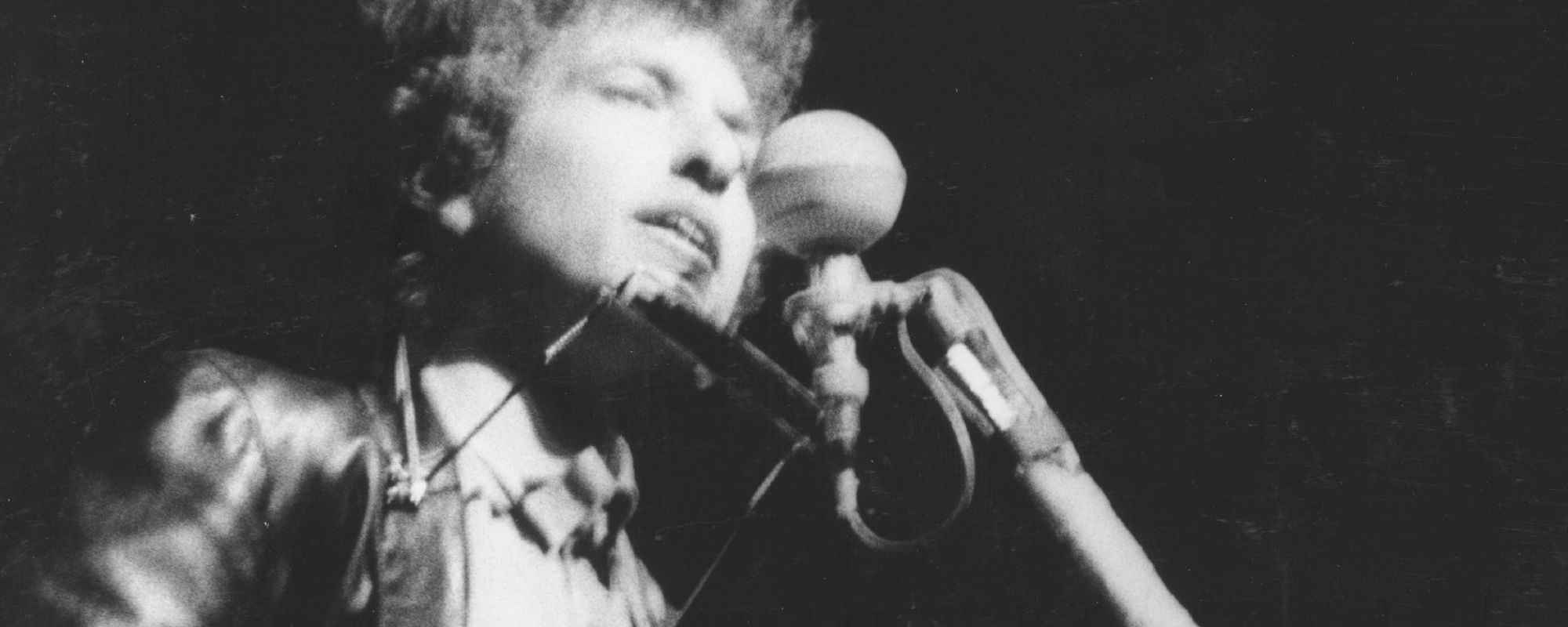Déjà Vu, the first Crosby, Stills & Nash release with Neil Young, had a compelling line of songs from the band’s missive to parents, “Teach Your Children,” to Graham Nash‘s reflection on a domesticated life with Joni Mitchell—whose “Woodstock” was also covered on the album—with “Our House.”
Sonically, Déjà Vu came off impeccable, even if it concealed the complexities surrounding its recording by the band, who were nearly broken up at the time. “Getting that second album out of us was like pulling teeth,” recalled Stephen Stills in a 1971 interview with Hit Parader.
Within all its intricacies and classic songs, Déjà Vu was an album that members of the Los Angeles-based trio The Wandering Hearts connected with during different periods of their lives and again as a band. Following the release of the band’s second album, Mother, in 2024, the trio set out to reimagine the CSNY album without distancing too far from the original.
Videos by American Songwriter

“There wasn’t exactly a clear idea of how we were going to reinterpret the record to begin with,” The Wandering Hearts’ AJ Dean tells American Songwriter. “We knew that we wanted to stay true to the original arrangements as closely as possible so that we weren’t screwing with an already perfect album.”
The band recently spoke to American Songwriter about reinterpreting a CSNY classic and their next steps after Déjà Vu.
American Songwriter: Déjà Vu was such a landmark release for CSNY. What were your individual connections to this album?
Tara Wilcox: Déjà Vu was a record we all bonded over when we first met because we all loved it so much, and not many people our age knew the record. It was music we grew up with and some of the first music that introduced us to harmony singing. [My] dad is from Upstate New York and was at Woodstock in ‘69. When he moved to Britain, he brought his love of all the music of that time with him, namely CSNY. It was a record that provided the backdrop to many childhood car journeys.
Chess Whiffen: I came to this record a bit later in life, and it solidified my love for harmonies. I would have heard it when I was younger, but I was in my 20s when I really got into this particular album, around the same time I met the band, really. To get the chance to re-imagine it ourselves now has been wild and just so much fun.
AS: “Our House,” “Teach Your Children,” Joni Mitchell’s “Woodstock—there are so many iconic tracks on Déjà Vu. Are there any, in particular, that you connected with more?
TW: “Our House” and “Teach Your Children” were the first tracks we explored from the album. The rich harmonies and beautiful melodies made it easy to enjoy ourselves and sink into the music. But Déjà Vu was something else entirely. It completely blew our minds. What those guys achieved on that track was nothing short of epic, and digging into it taught us so much. It definitely left a mark on our own songwriting, especially that sense of creative freedom, the idea that you can take a song somewhere totally unexpected and make it work beautifully.
AS: Through your rehearsals and playing around with the songs, did you have a clear idea of how you wanted to reinterpret each of the 10 tracks, or were there some that required a bit more legwork to figure out?
AJ Dean: There wasn’t exactly a clear idea of how we were going to reinterpret the record to begin with. We knew that we wanted to stay true to the original arrangements as closely as possible so that we weren’t screwing with an already perfect album. We also knew that the biggest change was going to come from how we arranged and laid down our vocals. Most of the changes and tweaks that we made only came about when we began recording and started to hear back what we had put down, allowing us to identify the space we had to play with. There were perhaps one or two songs that seemed to come together very naturally.
“Teach Your Children” was so ingrained in us that we pretty much all fell into our parts straight away. Mostly every other song took a lot of legwork to figure out.

AS: How did your most recent album, Mother (2024), start piecing together throughout the past few years since The Wandering Hearts (2021)?
AJD: Mother started coming together during the lockdowns and [the pandemic]. We were writing a lot on Zoom (there was plenty of time for it then), and we found that we kept getting pulled back to the songs that brought us the most comfort, encouragement, that helped us heal, or told us what we needed to hear when we needed to hear it. There’s something about digging through some favourite demos and hearing your own voices giving you the advice you need to hear at a time that really shakes you up.
With Chess and then Tara having babies for the first time during the process of making the record, there was a lot of big change, a lot of soul searching, and a lot of maternal energy poured into that record.
AS: What’s next for the Wandering Hearts?
CW: We’ve got some Christmas shows coming up this November, December, which have become a bit of an annual tradition for us, and we absolutely love it. We’ve also had such a great time playing Déjà Vu live this year that we’re making plans to tour the album even more in 2026. On top of that, we’re diving into writing and recording our next album—so lots to look forward to. Between all that and our ever-growing families, it’s shaping up to be a very busy and exciting time.
Photo: Sarah Eiseman













Leave a Reply
Only members can comment. Become a member. Already a member? Log in.